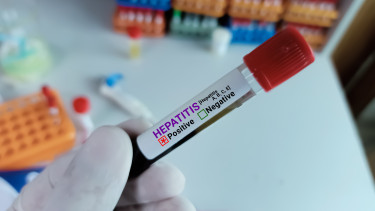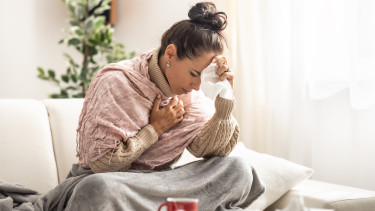Three quarters of COVID-19 jabs were 3rd shots on 'vaccination weekends' in Hungary

The ‘vaccination campaign’ announced for January will remain in place in February too. Why is it necessary? Because on three days of the week, Hungarians may get their first, second or third doses of a selection of COVID-19 vaccines without prior registration and appointment booking at various vaccination locations.
The shots were administered after on-site registration at vaccination locations between 2 and 6 p.m. on Thursdays and Fridays and between 10 a.m. and 6 p.m. on Saturdays. In February, the same conditions remain on the first two days, but vaccination locations will be open one hour longer on Saturdays (until 7 p.m.).
A couple of important facts about Hungary's vaccination status:
- vaccination helps avoid infection and effectively prevents severe disease and death;
- two doses provide seriously diminished effectiveness against infection by Omicron;
- about 3.7 million Hungarians (38% of the population) are vaccinated with three doses of COVID-19 vaccines;
- 5.65 million Hungarians got their 2nd jab more than four months ago;
- on the wild assumption that all of the 3rd doses were administered to members of the above group, there are still about 1.97 million people in that group that have not received their third jab;
- 784,000 Hungarians received their 3rd dose more than four months ago and 304,000 more than five months ago;
Fourth doses have also been made available. According to the relevant regulation, the vaccinating physician may decide to administer the 4th dose (2nd booster) of a COVID-19 vaccine if requested by a person over 18 years of age who has already received three doses and four months have elapsed since the 3rd jab.
Previously, they said a fourth shot (second booster dose) will be available for
- the elderly,
- the chronically ill,
- people on immunosuppressive treatment and transplant recipients,
- and in the disease groups listed by the Ministry of Human Capacities.
István György, state secretary in charge of public affairs at the Prime Minister's Office, previously shared information about the weekend vaccination campaigns, but it seemed that he (they) calculated with four days (Thursday to Sunday) instead of three (Thursday to Saturday). For your convenience and to avoid any misunderstanding about the ‘huge success’ of the vaccination campaign, we have collected data for three and also for four days.
Overall, third doses remain much more in demand than first and second doses combined. In fact, about three quarters% of all COVID-19 vaccines administered on the four weekends in January (either over three or four days) were 3rd shots.
Calculating with shots administered over a three-day period we find that total demand on the first two weeks was practically the same, it hardly increased on the third and declined on the fourth to where it was the first two weeks.
Total demand over a four-day period did increase from the first week to the second, but it hardly grew from the second to the third, and declined on the fourth.
Looking at the doses (in both scenarios) we see that a constantly decreasing number of Hungarians felt they needed their first or second doses, whereas demand for the first booster shots kept increasing up the third week, and then it slumped.
Here’s the results of the January vaccination campaign for a three-day period (Thursday to Saturday).


And here’s the results of the four weekends of the vaccination campaign for a four-day period (Thursday to Sunday).


Cover photo: Getty Images









